Public works official in Colorado Springs clarifies city’s backlog of 6,000 sidewalk repair requests
COLORADO SPRINGS, Colo. (KRDO) -- The revelation this summer that city public works crews are eight to ten years behind in catching up on requests to repair sidewalks was a shock to many residents, but a manager recently provided more details on the matter.
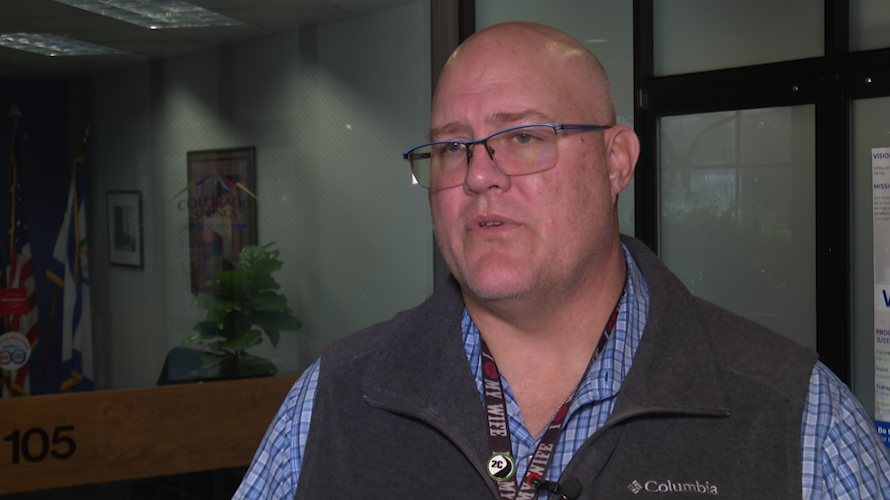
Corey Farkas, who manages operations and maintenance, said that much of a 6,000-repair backlog is because requests for repairs come in as fast as crews can respond to them.
"For every 300 that we take care of on an annual basis, 350 more come in," he explained. "So, it's one step forward, two steps back."
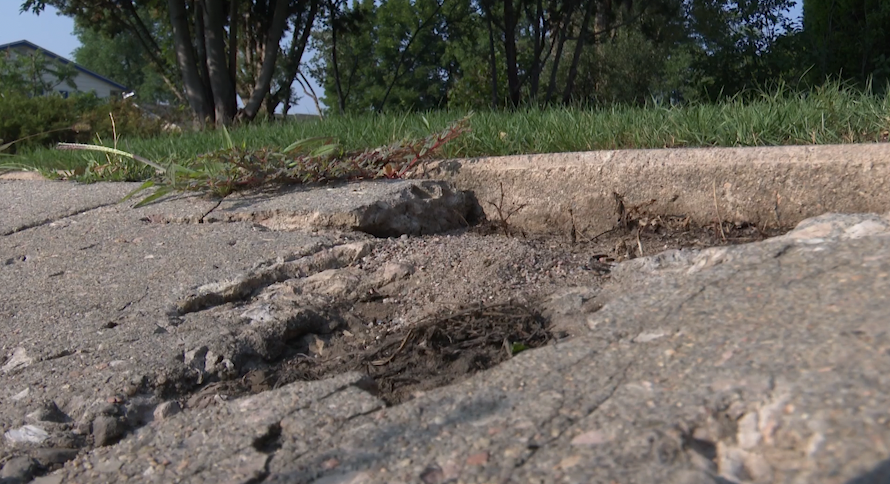
KRDO 13's The Road Warrior asked if there are any plans -- given the large backlog -- to either hire more people or devote more resources to whittling down that budget faster.
"Again, that's all dependent on our budget and what we're allocated on an annual basis.," Farkas replied. "We have to balance sidewalk repairs with all of the other public works responsibilities that we have."
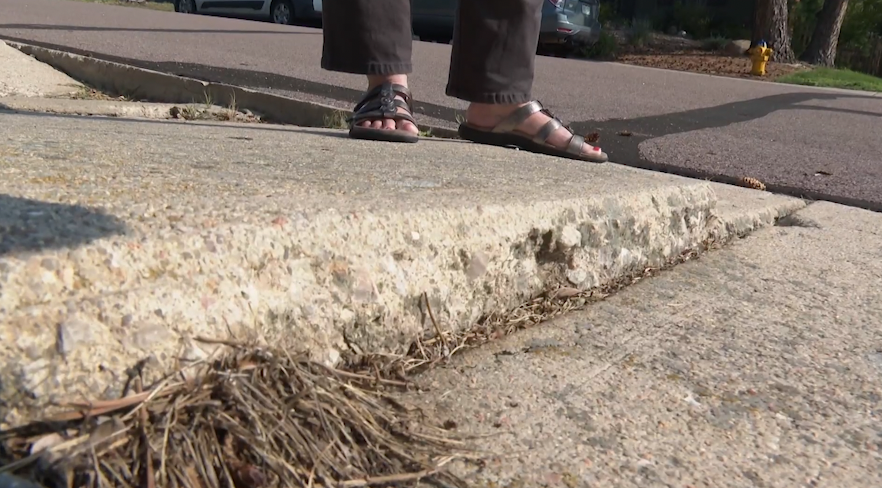
The situation came to light in late July before the City Council's final vote on the proposed Amara annexation and development that would have brought 9,000 new homes into the city limits.
Councilwoman Nancy Henjum feared that the sidewalk backlog would get even worse if the annexation went forward; Travis Easton, the city's deputy chief of staff, said that years of deferred maintenance contributed to the backlog.
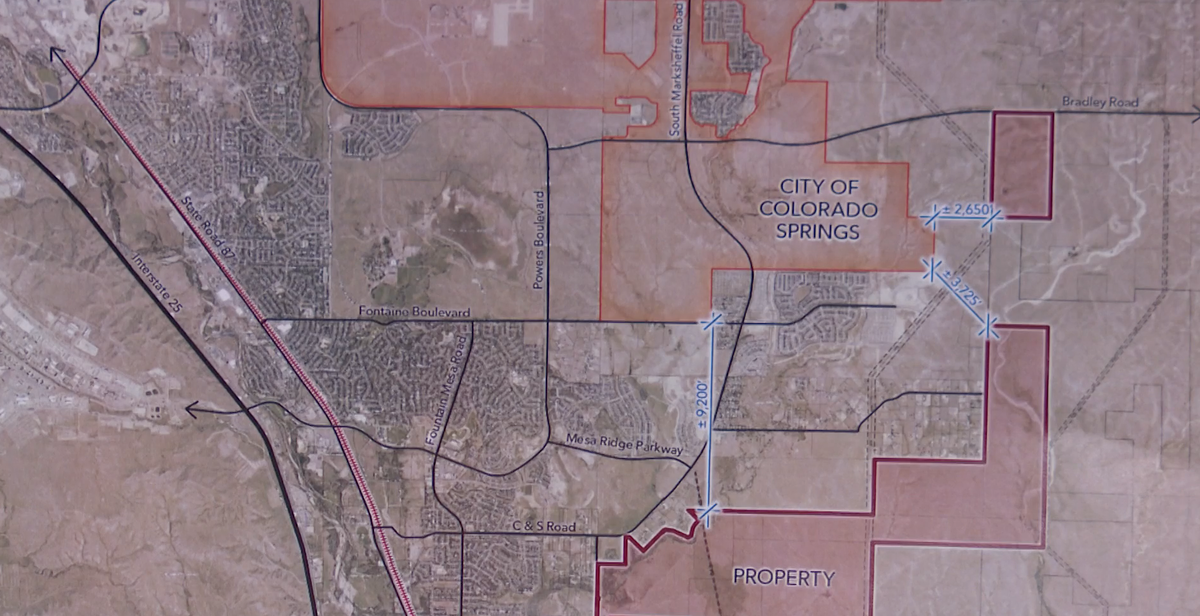
The Council ultimately voted 5-4 against the annexation after approving it by the same margin in the initial vote two weeks earlier.
Farkas, however, cited other factors for the backlog -- the city's continued growth and the sluggish economy that has reduced sales tax revenue upon which the city bases much of its budget.
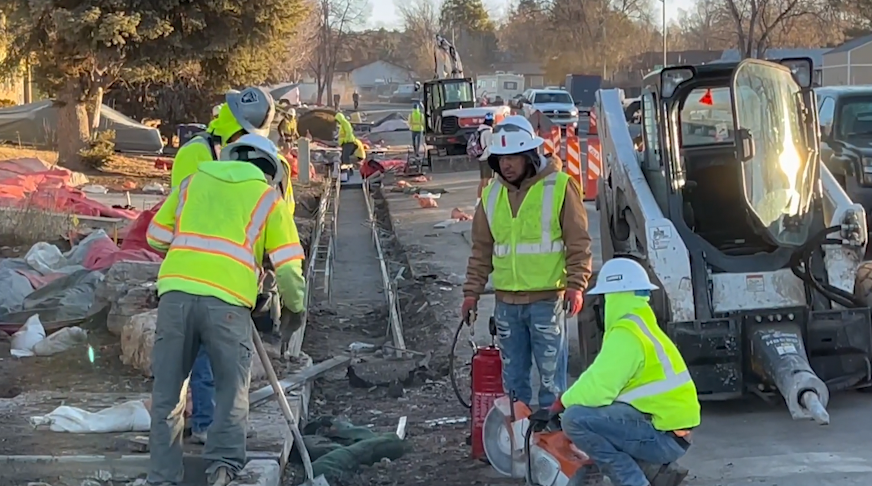
The repair backlog doesn't include sidewalks installed as part of the city's 2C expanded street paving program, nor does it include the program by city engineering to install sidewalks where none currently exist.
Some requests are lower on the priority list because they have less serious damage, but many residents want even minor damage repaired before it becomes worse.
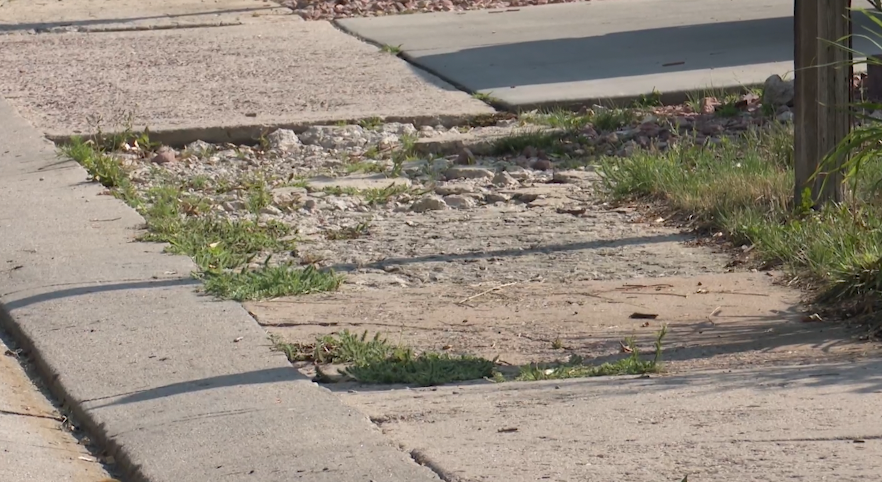
There's some debate over whether homeowners and property owners -- instead of the city -- should be responsible for sidewalk repairs; city crews fix only the damage on sidewalks along a block, and repairing damage to a sidewalk leading to a home is the property owner's responsibility.
Farkas said that an average city sidewalk repair job costs around $2,000 -- and if property owners want to pay for it themselves, the city offers financial assistance through a cost-sharing program.
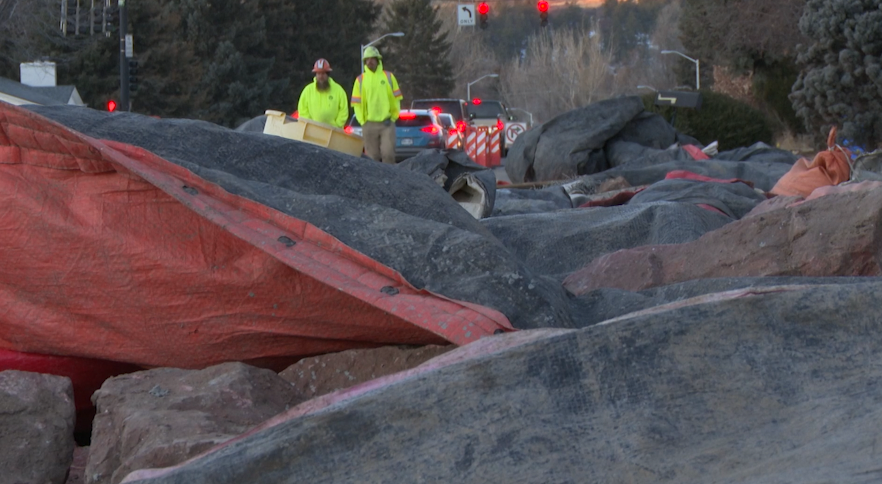
Under the program, the city will cover half the cost of a repair job and move that request higher on the priority list. Funding for the program comes not from the city budget but from sales tax revenue generated by the Pikes Peak Rural Transportation Authority.
Farkas said that between 100 and 150 residents participate in the program every year, so funding is quickly exhausted and it has only a minor impact on reducing the repair backlog.
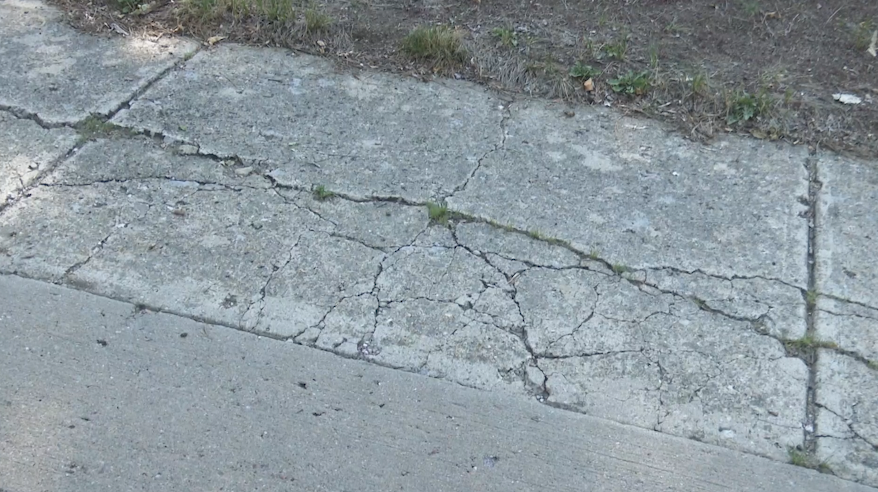
However, it may be the best option for citizens -- if they can afford it.
"We do try to target streets or neighborhoods, rather than just a single address, if possible," Farkas said. "That way, we save money. We get economies of scale on the cost from our concrete contractor. And we're not paying the big mobilization fees."
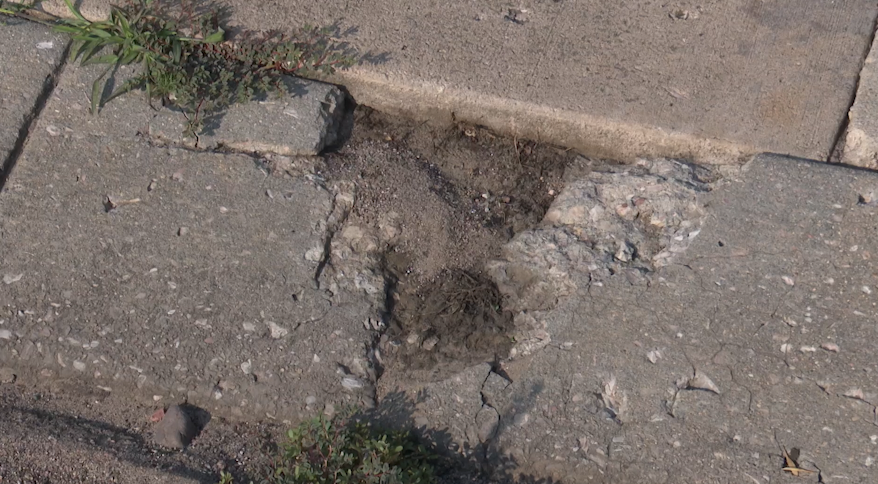
Saving money means that the city can offer the program to more people.
But occasionally, there's a catch.
"Sometimes, our contractor gets to a home, and the crew is ready to start, and the residents change their minds and decide to drop out," Farkas said. "But then, that creates an opportunity for someone else."
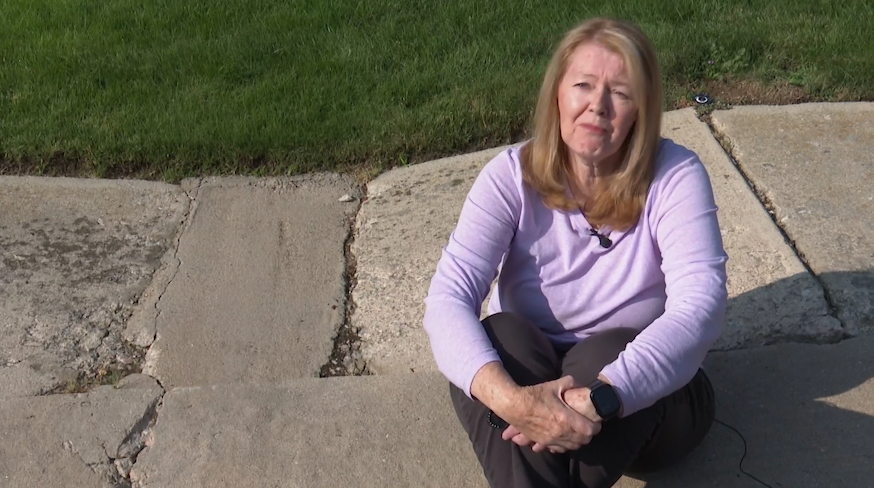
For more information, visit: https://coloradosprings.gov/public-works/page/concrete-maintenance#:~:text=Embed-,Concrete%20Cost%20Share%20Program%20(CCSP),5934%20to%20report%20the%20problem.
